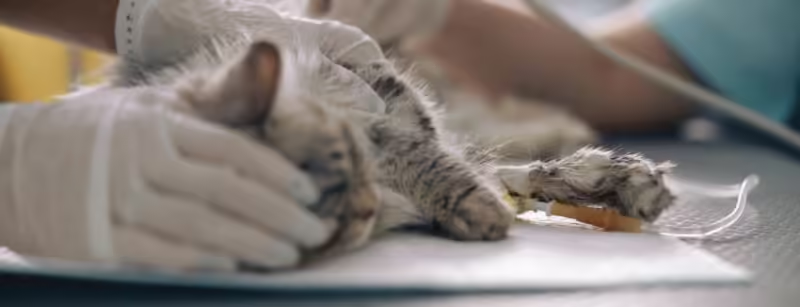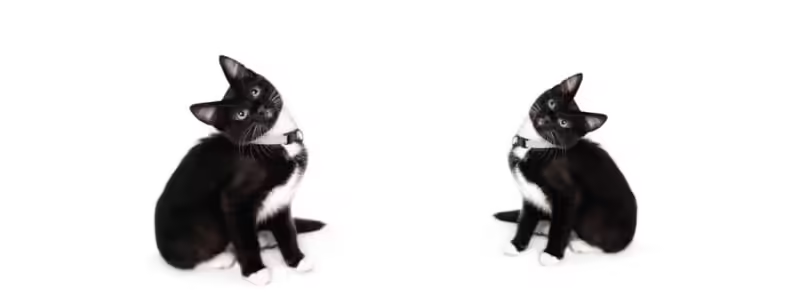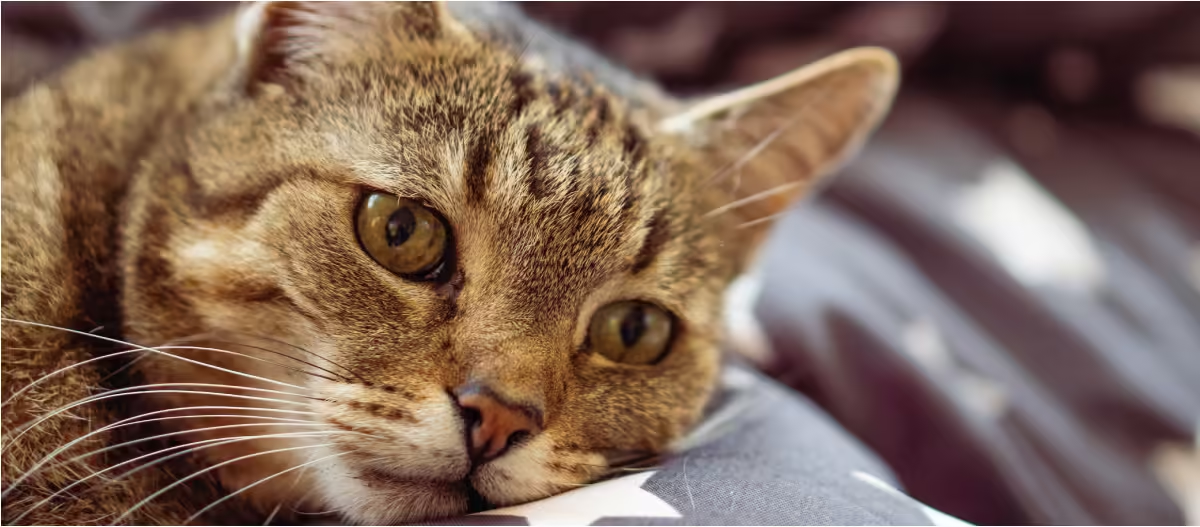Cats
Managing Angry Senior Cats: Tips to Calm Your Aging Feline Companion
Dealing with an Angry Senior Cat: Understanding and Calming Your Furry Friend
Are you struggling with an angry or upset senior cat? It’s not uncommon for older felines to experience behavioral changes, but understanding the root causes and learning how to respond can make a world of difference. In this article, we’ll explore why senior cats may become irritable and offer practical tips to help you manage their behavior with patience and care.
Why Is My Senior Cat So Grumpy?
As our feline friends age, they can become more sensitive to their environment and prone to mood swings. There are several reasons why your once-cuddly kitty might be showing signs of anger or irritation:
1. Health issues
2. Cognitive decline
3. Environmental changes
4. Sensory impairment
5. Pain or discomfort
Let’s dive deeper into these causes and learn how to address them effectively.
Medical Concerns: The Hidden Culprit

One of the primary reasons for anger in senior cats is underlying health problems. Chronic conditions like arthritis, dental disease, or hyperthyroidism can cause discomfort and irritability. If you notice sudden changes in your cat’s behavior, it’s crucial to consult with your veterinarian.
**Pro tip:** Keep an eye out for these signs that may indicate pain or illness:
– Decreased appetite
– Changes in litter box habits
– Excessive vocalization
– Reluctance to be touched or handled
Cognitive Dysfunction: When Minds Get Foggy
Just like humans, cats can experience cognitive decline as they age. Feline cognitive dysfunction (FCD) can lead to confusion, disorientation, and changes in behavior. Your once-predictable cat might suddenly seem lost in familiar surroundings or exhibit unusual vocalizations.
How to help:** Create a consistent routine and environment to minimize stress and confusion for your senior cat.
Environmental Factors: Comfort is Key
Senior cats are creatures of habit and can become easily stressed by changes in their environment. New pets, rearranged furniture, or even a change in your work schedule can trigger anxiety and angry behavior.
**Quick fix:** Maintain a calm, stable environment and introduce any necessary changes gradually.
Sensory Changes: A Different World
As cats age, their senses may decline. Vision and hearing loss can make them feel vulnerable and more likely to react defensively. A cat that can’t hear you approach might lash out in surprise when touched.
**Safety tip:** Always approach your senior cat from where they can see you, and use gentle touches to alert them to your presence.
Understanding Cat Body Language

Learning to read your cat’s body language is crucial in managing their mood swings. Here are some signs that your cat might be feeling angry or upset:
– Flattened ears
– Twitching or swishing tail
– Growling or hissing
– Arched back with fur standing up
– Avoiding interaction or hiding
By recognizing these cues early, you can give your cat space and prevent escalation of their anger.
Calming Techniques for Your Senior Cat
Now that we understand some of the reasons behind an angry senior cat’s behavior, let’s explore ways to help them feel more relaxed:
1. **Provide a safe space:** Create a quiet, comfortable area where your cat can retreat when feeling overwhelmed.
2. **Maintain routine:** Stick to regular feeding times and play sessions to provide structure and security.
3. **Gentle interaction:** Use soft voices and slow movements when approaching your cat.
4. **Environmental enrichment:** Offer stimulating toys and activities appropriate for your cat’s age and abilities.
5. **Pain management:** Work with your vet to address any chronic pain issues that may be affecting your cat’s mood.
Remember, patience is key when dealing with an angry senior cat. With understanding and the right approach, you can help your feline friend feel more comfortable and content in their golden years.
FAQs About Angry Senior Cats
**Q: Is it normal for cats to become angrier as they age?**
A: While it’s not uncommon for senior cats to experience behavioral changes, sudden anger is often a sign of an underlying issue that should be addressed.
**Q: How can I tell if my cat’s anger is due to pain or illness?**
A: Look for changes in eating habits, litter box use, or activity levels. If you notice these along with irritability, consult your veterinarian.
**Q: Can I use calming products to help my angry senior cat?**
A: Yes, products like pheromone diffusers or calming treats may help, but always consult with your vet before introducing new treatments.
By understanding the reasons behind your senior cat’s angry behavior and responding with patience and care, you can help improve their quality of life and strengthen your bond. Remember, a little extra love and attention can go a long way in making your furry friend’s golden years truly golden.

